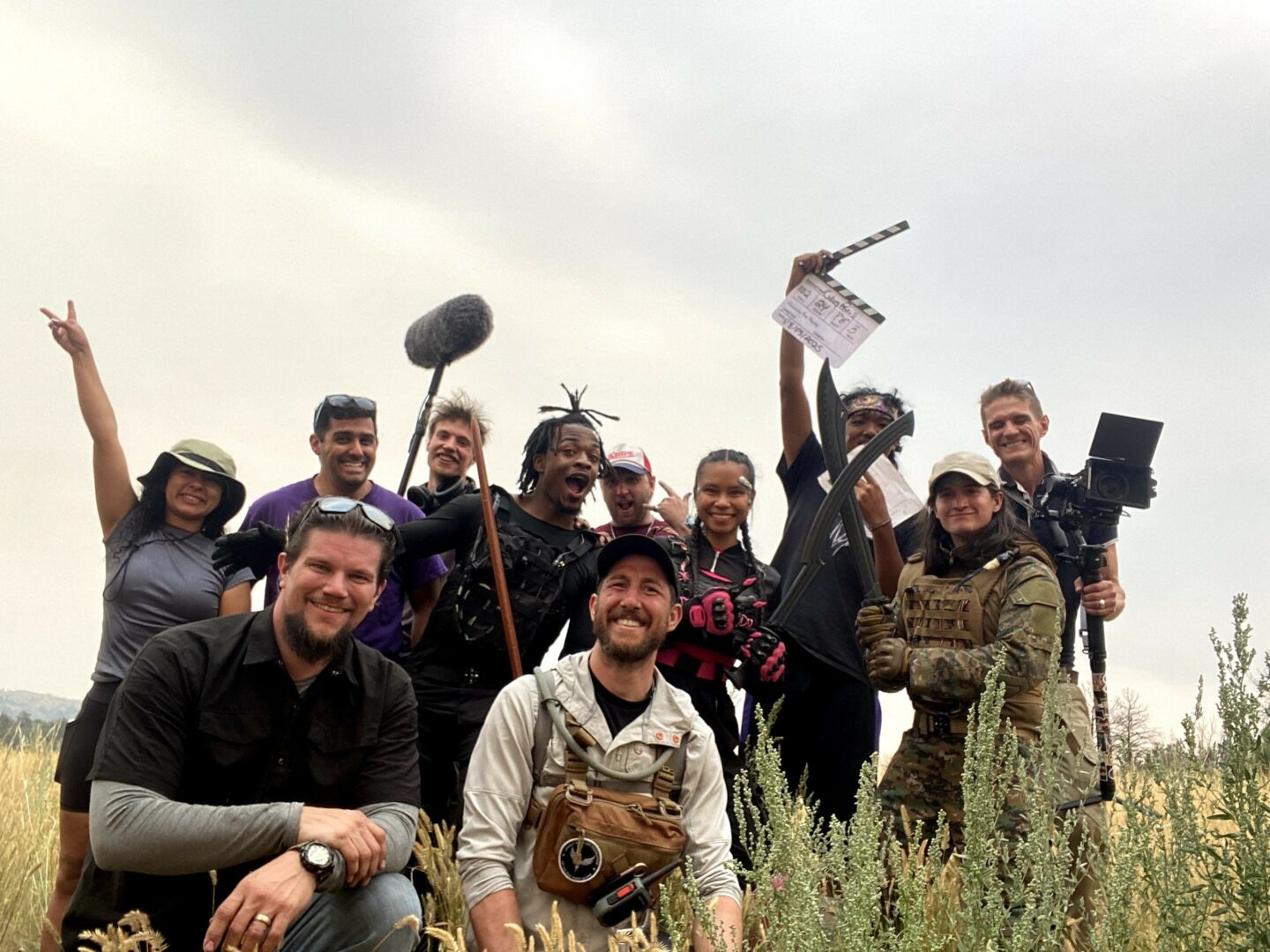We’re looking forward to introducing you to Alexander Pimentel. Check out our conversation below.
Alexander, it’s always a pleasure to learn from you and your journey. Let’s start with a bit of a warmup: Who are you learning from right now?
Marshall Spring, a combat-disabled Marine Corps Explosive Detection Dog Handler, former police officer, and CEO of Combat Recovery Foundation. I’ve always believed mentorship is one of the most powerful ways we grow, not just by gaining knowledge, but by being challenged and supported in return. It’s not always easy, because true mentorship is a mutual relationship. Right now, I’m learning from Marshall what it really means to step up as a community leader, not just someone leading for themselves. I’m learning that when purpose, community, and teamwork all revolve around a mission, it has the power to change the world. I’m also realizing that leadership isn’t just about the mission itself. It’s about the people who come together for that mission. And through that shared purpose, we all find something deeper: a sense of belonging.
Can you briefly introduce yourself and share what makes you or your brand unique?
My name is Alexander Raye Pimentel. I’m an award-winning American film director, screenwriter, producer, actor, and military veteran. Over the years, I’ve made several short films and a number of feature-length micro-budget B-movies. In my work, I focus on exploring what life is and the struggles of being human. For me, it always comes down to the character – their imperfections, dreams, and desires – because that’s where the truth of being human really lives.
I run Future of Film Productions, a niche, forward-thinking production company that speaks directly to today’s media-savvy audiences. We’ve built our reputation as a leader in micro-budget filmmaking, creating full-length features between 70–110 minutes for under $10K, all with worldwide distribution. We start from story treatments, and from there, we bring these projects to life.
But for me, the vision goes beyond just making films. Future of Film is also about rethinking leadership in this industry. I believe a true Media Leader fosters a collaborative environment built on communication, empathy, processes, and accountability. That’s what allows a group of individuals to come together with one purpose: to create art, challenge each other to innovate, and elevate stories in ways we never imagined possible.
Right now, we’re in production on our sixth feature film, Cyborg Recall, a story about a graduate student who begins to question the very nature of his reality after winning the sweepstakes to play in a closed beta test of the highly anticipated virtual reality game, Cyborg Recall.
Amazing, so let’s take a moment to go back in time. What’s a moment that really shaped how you see the world?
When I was in film school, I had this chance encounter that ended up shaping the way I see filmmaking. I met Kurt Wimmer at the American Legion on Hollywood Blvd. At the time, I was frustrated with my screenwriting instructor and vented to him. I told Kurt, probably with too much confidence, that I wrote like Paul Schrader and could direct like Martin Scorsese, but my teacher kept pushing me to follow Save the Cat.
Kurt looked at me and said, “Who the heck knows that you write like Paul Schrader or direct like Scorsese?” I walked away devastated. I had come to someone I admired for advice, and instead I felt like I’d been told I didn’t know what I was talking about. But later that night, I sat with his words. What I realized was that he wasn’t tearing me down, he was pointing out that it doesn’t matter what I say I can do. What matters is proving it through the work.
So, I threw myself into making short films all through film school. One of them, Life Lessons, ended up screening at the Los Angeles County Museum of Art. After one of those screenings, when everyone had already left, Kurt approached me again. This time, he said, “Well, there you go. That proves you can direct, and you can write in your style. Now, do you think you could do that with the same amount of money and make it into a feature?”
I told him I could. And that’s when he gave me the advice that’s stuck with me ever since: leave Los Angeles, find a place where you can just make movies.
What did suffering teach you that success never could?
Suffering is an important part of life because it shapes us through the decisions we make in the face of difficulty. Anything worth doing is going to be hard. But when we approach those challenges with experience and reflection, life slowly becomes easier to navigate. The same is true for any discipline. In film, for example, hardship and setbacks teach you what not to do, what to do, how to do it, and even inspire new ways of approaching the work. Through that process, each stage of growth builds you into who you’re meant to become.
Sure, so let’s go deeper into your values and how you think. What important truth do very few people agree with you on?
Stories about anti-heroes matter because they hold up a mirror to life. People aren’t perfect – we can be messy, mean, funny, awkward, frustrating, withdrawn, or in-your-face. At the end of the day, we’re just people. And that’s why I think anti-hero stories resonate more deeply than Hollywood’s polished, flashy heroes. They remind us what it really means to be human.
Most audiences say they want a happy ending or a clean version of a character, but the truth is we’re more affected by characters who reflect our flaws. Anti-heroes make mistakes, hurt the people they love, regret it, try to make things right, and wrestle with their worst habits. Watching that struggle hits harder than perfection ever could – because it feels honest.
In those stories, we see ourselves: our failures, our efforts to change, and the ways we search for meaning. That’s why anti-heroes endure. They don’t just entertain us, they challenge us to think about our own choices and the purpose behind what we do.
Okay, so let’s keep going with one more question that means a lot to us: What do you understand deeply that most people don’t?
Every one of us, no matter where we are in life or how we see ourselves, has the power to leave a footprint on the world around us. We’re not just here to follow; we’re here to contribute. To contribute to the kind of world we want to see take shape. And with that comes responsibility. We have to ask ourselves: What are we doing with our impact? What kind of legacy will carry on long after we’re gone?
That legacy is built in community. A community isn’t just a collection of people, it’s a gathering of skills, perspectives, and talents that, together, create something bigger than what we could ever do alone. Some people will have abilities you don’t. Some will do what you can do, but they’ll be better at it. And you’ll bring something no one else can. That’s the beauty of it.
The real question becomes: Where do my contributions make the most impact? I don’t have to sacrifice what makes me who I am to be part of something larger. In fact, it’s the opposite. The community needs that unique part of me, just as it needs every one of us. That’s how footprints are left: by offering what only you can give, and trusting that together, those contributions will echo far beyond our own lifetimes.
Contact Info:
- Website: https://www.imdb.com/name/nm5403004/
- Instagram: https://www.instagram.com/filmsofpimentel/
- Linkedin: https://www.linkedin.com/in/alexanderrayepimentel/
- Facebook: https://www.facebook.com/alexrpimentel/
- Other: https://www.alexrpimentel.com
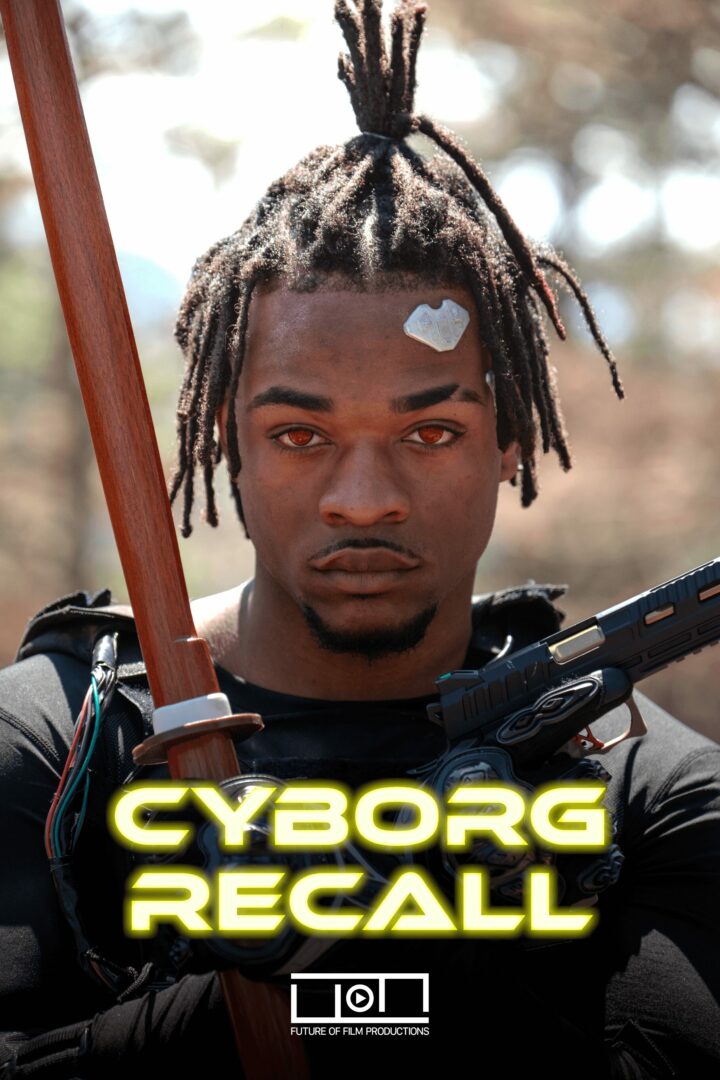
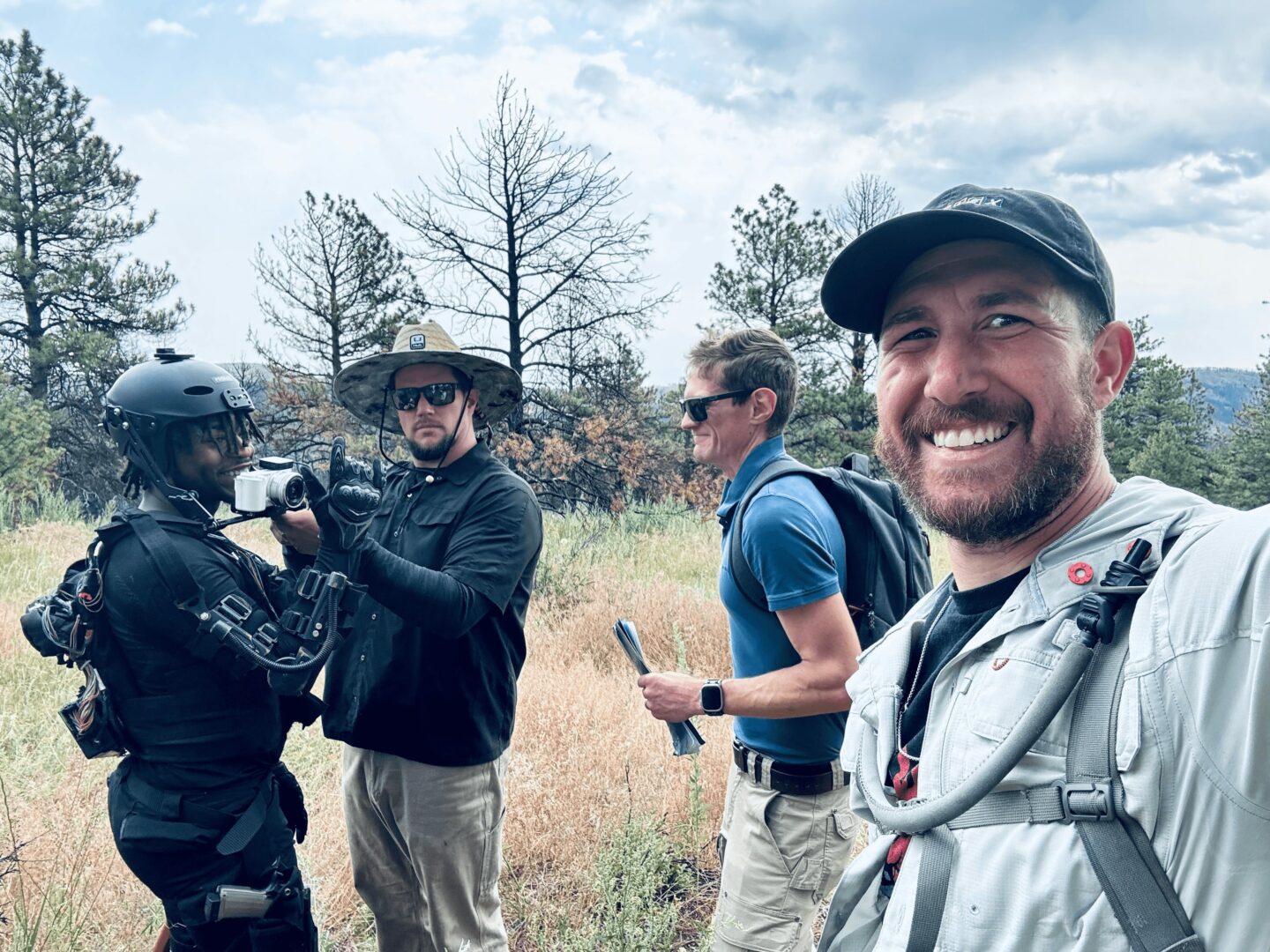
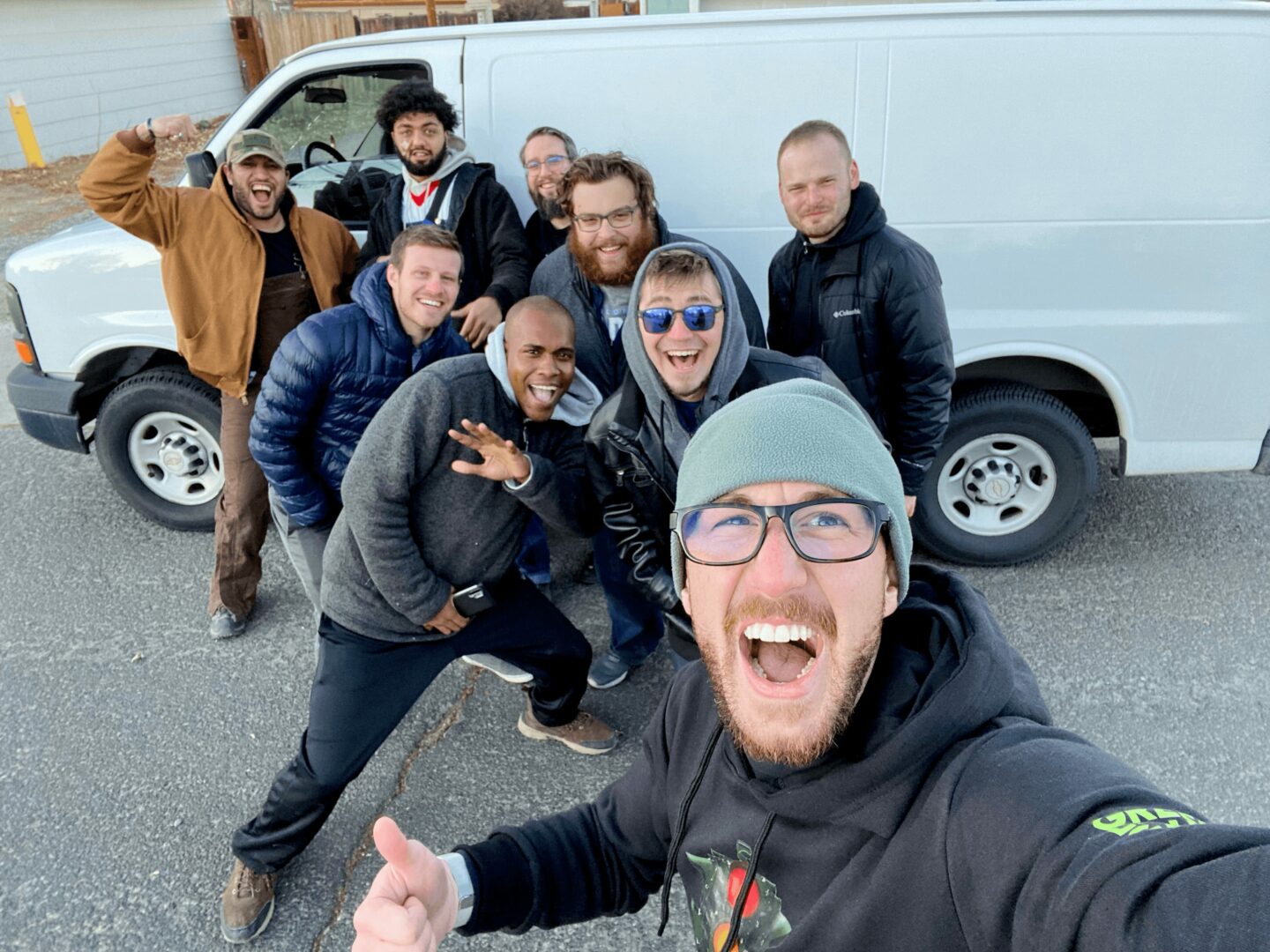
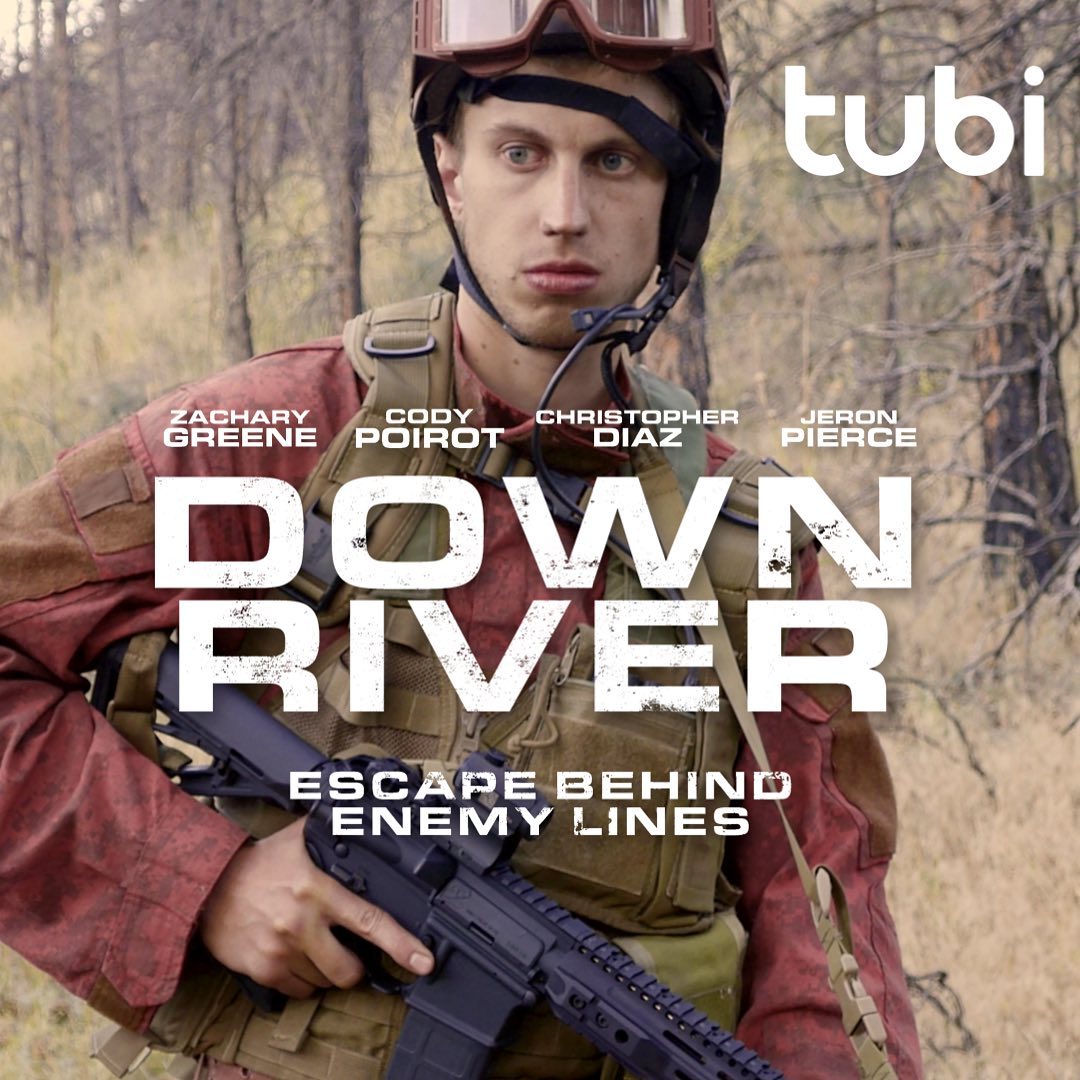
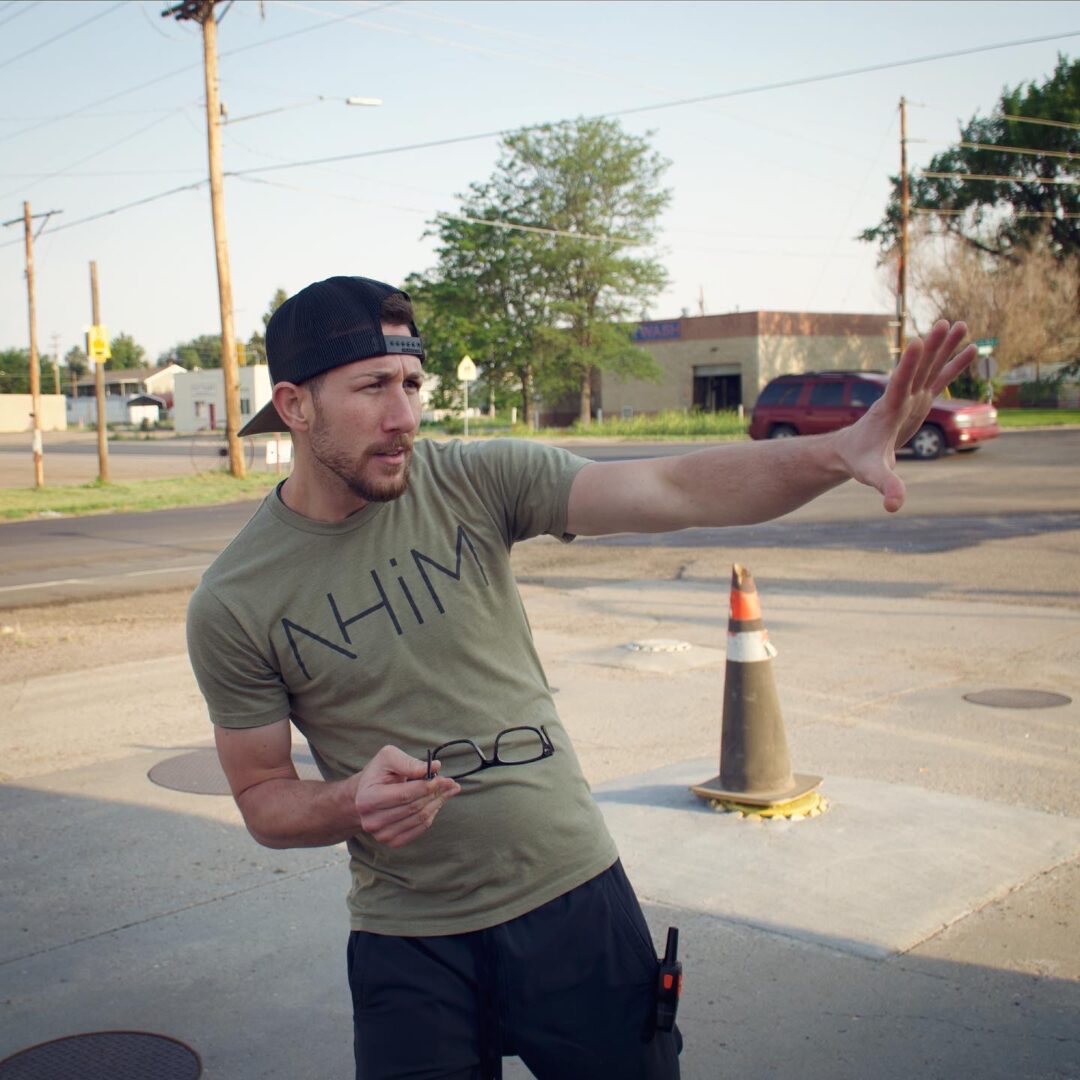

Image Credits
© Future of Film Productions, LLC
so if you or someone you know deserves recognition please let us know here.

